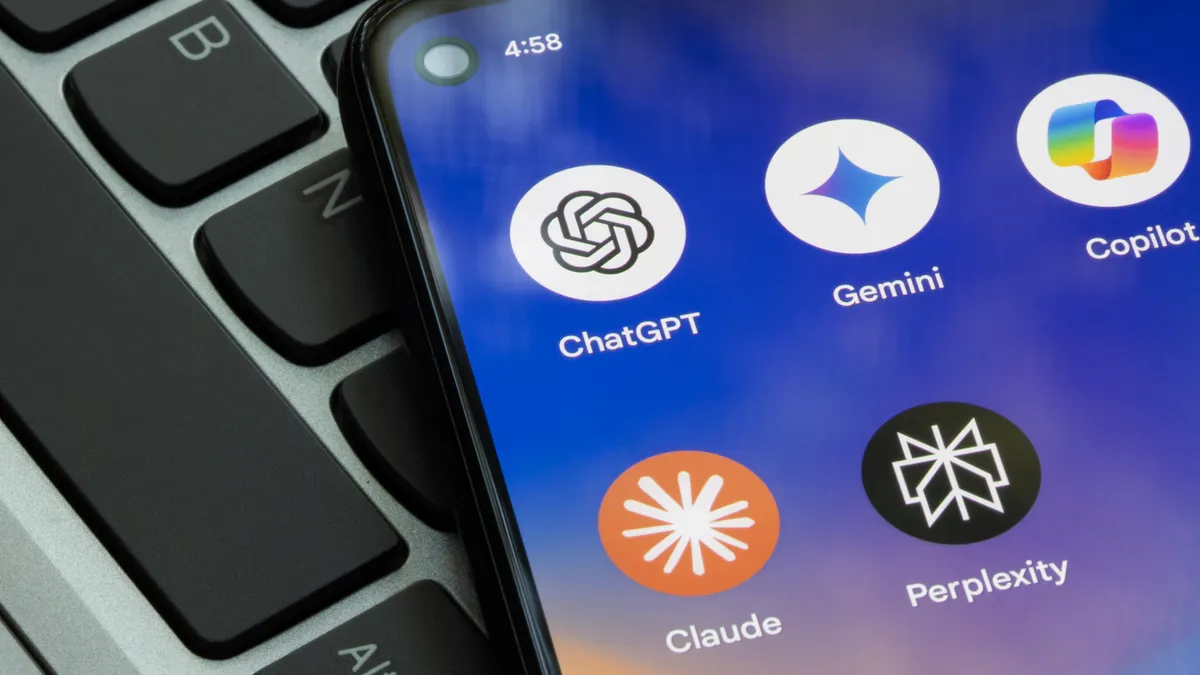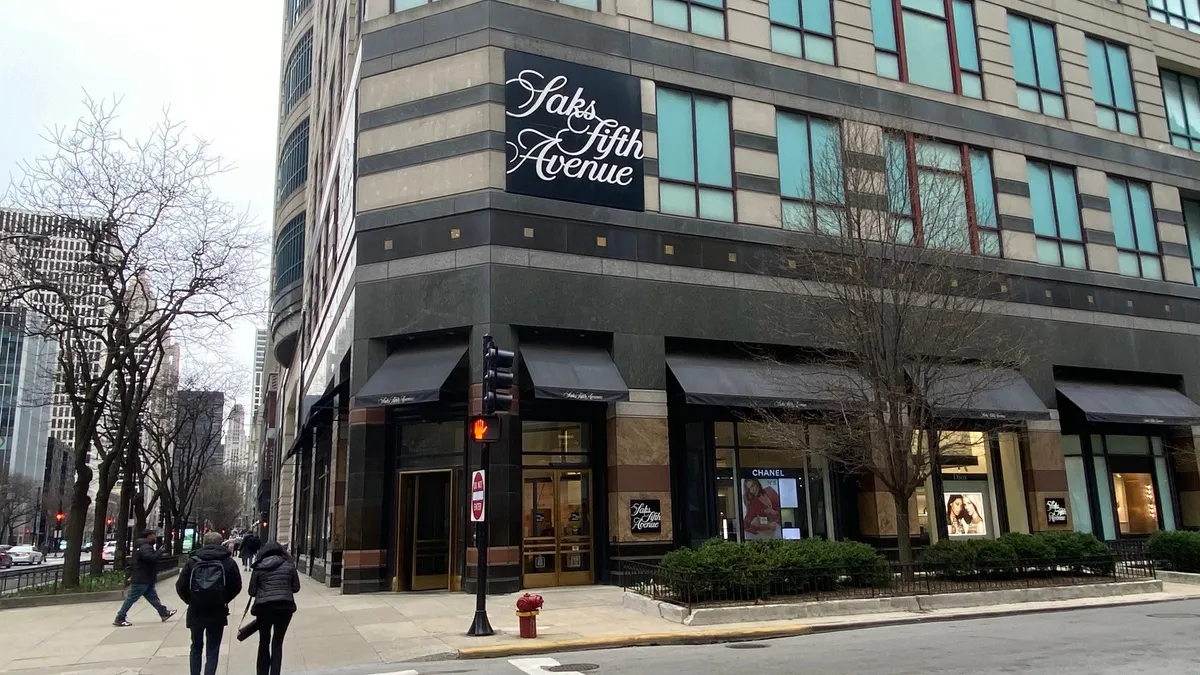NEW YORK – The rise of women's movements over the last year has spurred more conversation than ever around diversity and inclusion efforts in retail, especially related to promoting women in the workplace.
Judging by the sheer number of panels dedicated to the subject, that was apparent at this year's NRF Big Show conference, which began on Sunday. But, as executives were quick to point out, more conversation doesn't necessarily translate to progress.
In some ways, it's gotten worse. Last year, the number of female CEOs leading Fortune 500 companies dropped from its all time high of 32 the year prior, to just 24. That includes retail executives like Kohl's CEO Michelle Gass and Ulta Beauty CEO Mary Dillon.
Among other startling facts, women only hold 15% of global board seats (according to Deloitte) and it could take up to 202 years to reach global parity in wages between men and women (according to the World Economic Forum).
There's certainly a moral imperative for creating a more diverse and inclusive workforce. But it's the business case that drives companies to make change, James Fripp, chief diversity and inclusion officer for Yum Brands, said during a morning panel on the topic, adding that it's somewhere in the middle where real cultural change occurs.
"We've been addressing diversity and inclusion as a science – the data, the numbers," he said. "We have to progress diversity and inclusion through the fears, the apprehensions, the obstacles."
One way to do that is to change the language. Try changing the word "diversity" to "inclusive leadership," he said. From there, he argues that businesses should focus less on the science behind it and more on the ART, an acronym he created that stands for authenticity, relationships and trust.
"My personal belief is that we're not making progress with diversity and inclusion because people just simply don't have relationships deep enough to trust," he said.
That also extends to the customer. Ikea, a brand known for its socially conscious advertising, now has diversity and inclusion ambassadors in each of its U.S. stores, said Ikea U.S. President Lars Petersson during a speech Sunday.
When it comes to supporting women in the workforce, specifically, there needs to be a cultural change, said Carolyn Tastad, group president of North America and executive sponsor of Gender Equality at Procter & Gamble.
"We must stop labeling women's behavior as lacking or less than just becomes it shows up different from a legacy male prototype. And for women of color and LGBT women, different from a white female prototype," she said on the same panel as Fripp. "We have to stop imposing one size fits all leadership stereotypes on women and on men. We need to shift our focus from fixing women to fixing the systems and behaviors that perpetuate bias in the workplace."
Over the course of more than two decades at P&G, Tastad has noticed that for P&G, and many other companies, gender representation is roughly 50-50 in junior roles, but drops off significantly higher up the food chain.
"I ask myself, what is it that we're doing differently when we recruit and hire for junior levels of the organization and how do we select and advance talent for senior roles?" she said. "Are we giving [women] the great experiences that they need to develop as leaders or are we simply defaulting to the most visible individuals that fit the very narrow stereotype?"
The obvious reason why comes down to unconscious bias. And it's not something that people are eager to admit affects their hiring and promotion decisions.
"I think we all have work to do, as men in particular," Andy Dunn, founder of Bonobos and SVP of digitally native brands at Walmart, said on a separate panel focused on supporting women in the workforce. "We have to look at ourselves and be really honest about what we've gotten wrong because then the conversation can open up in a much less defensive, in a much more vulnerable way."
Dunn, who spent five days attending conferences related to women's issues last year, urged the men in the audience, particularly white men, to take time to do the same. "Too many of these conversations are between women about women and the irony about that is over time you have to think about how to build succession and in some cases ceding power to create equality," he said.
Talking about diversity, inclusion and belonging involves confronting the uncomfortable reality that women and people of color have been historically disadvantaged and remain vastly underrepresented in decision-making roles, panelists noted. That's also come at an economic cost.
"Dare I say this but women are far more comfortable talking about sex than money," Rebecca Minkoff said during the same panel. "So just imagine getting as comfortable talking about money as you do with the other subject with your girlfriends and bring that into your workplace. It's not easy."






















